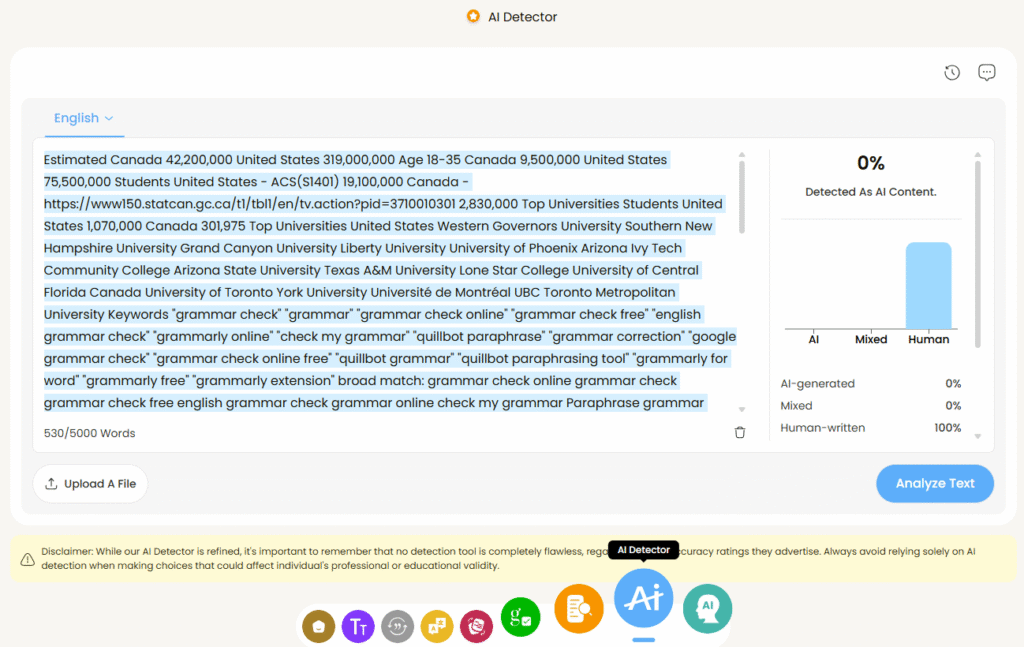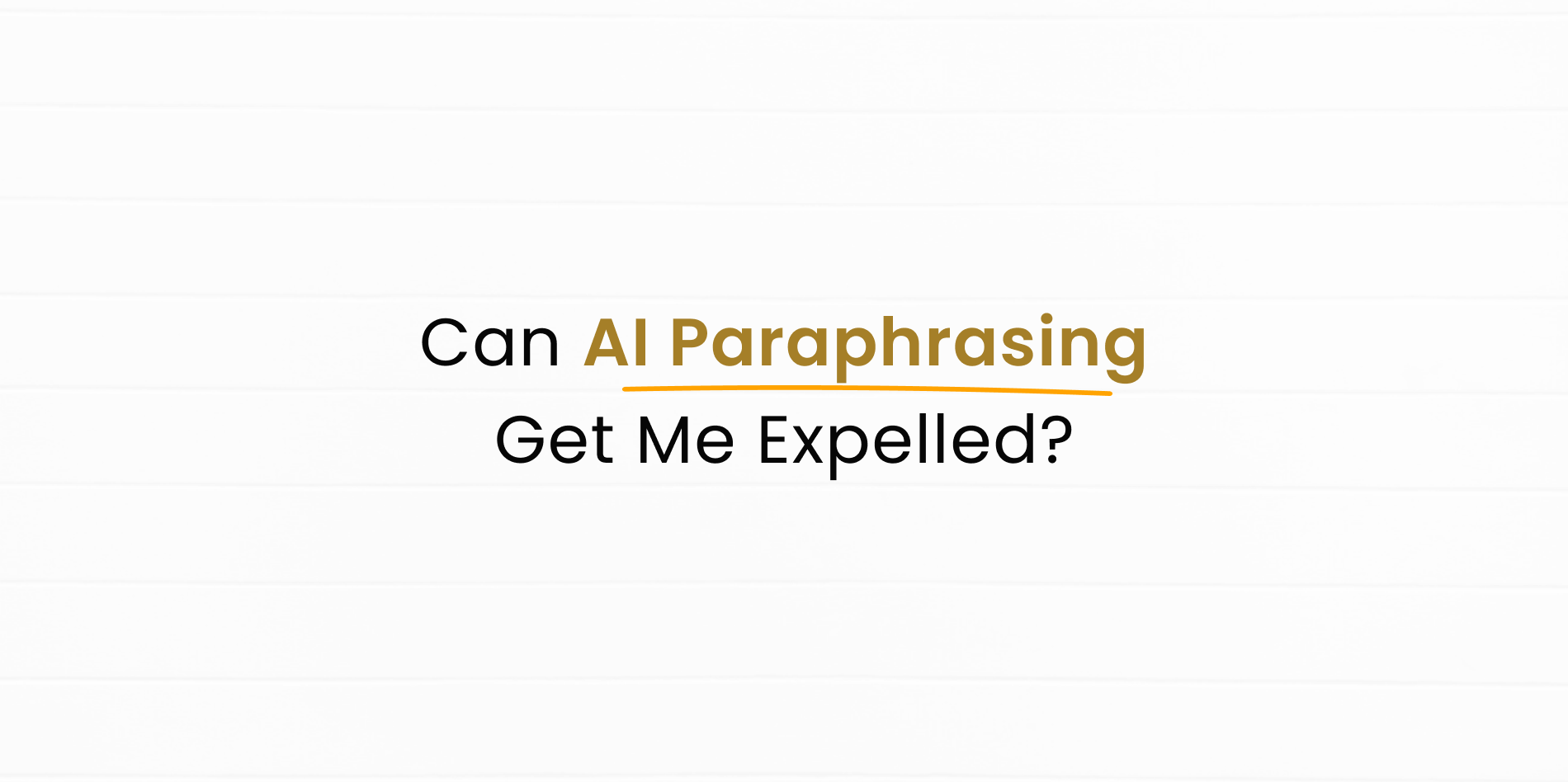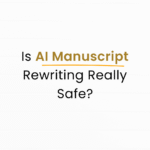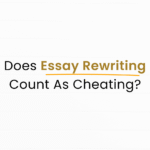Why This Question Is Important
Many students and writers ask: “Does paraphrasing with AI count as cheating?” AI tools that rewrite sentences or paragraphs can speed up work and improve clarity, but using them incorrectly can raise concerns about originality and academic integrity.
Understanding when AI paraphrasing is safe helps you avoid plagiarism, maintain credibility, and use tools effectively. Platforms like the KreativeSpace Paraphraser support safe rewriting while preserving your unique writing style.
How AI Paraphrasing Works
AI paraphrasing tools analyze your text to:
- Restructure sentences
- Replace words with context-appropriate synonyms
- Maintain overall meaning while improving clarity
Unlike simple synonym changers, advanced tools like KreativeSpace Paraphraser ensure that rewritten text reads naturally and is coherent. Outbound research in educational technology shows that AI itself is neutral; it’s the way it is used that determines if paraphrasing is ethical.
When Paraphrasing with AI Could Be Cheating
Paraphrasing with AI may count as cheating if:
- Submitting AI-generated work as fully original – If the output replaces your own ideas.
- Failing to cite sources – Even if reworded, the underlying content must be credited.
- Relying excessively on AI – Avoiding personal effort entirely.
- Attempting to bypass plagiarism detection – Using AI to trick academic systems can violate policies.
Universities and schools increasingly use AI Detectors to ensure submissions remain authentic, which makes understanding these limits critical.
When AI Paraphrasing Is Safe
AI paraphrasing is safe when it is used responsibly:
- Supports learning – AI assists in refining your writing, not replacing it.
- Cited sources remain intact – Acknowledge original material even after rewriting.
- Human review – Always revise AI output to maintain personal voice.
- Use multiple tools for verification – The Grammar Checker and Plagiarism Checker ensure clarity and originality.
By combining AI with human editing, writers can improve text quality without risking ethical violations.
Academic Policies on AI Paraphrasing
Schools and universities are now updating policies regarding AI. Outbound surveys show mixed approaches:
- Some allow AI for editing or paraphrasing if the writer contributes personally.
- Others restrict AI use entirely for assignments to ensure skill development.
- Proper attribution is always required to avoid academic misconduct.
This means knowing your institution’s policy is crucial before relying on AI tools.
Risks of Misusing AI Paraphrasing
Even high-quality AI tools pose risks when misused:
- False plagiarism alerts – AI output may resemble published text.
- Over-reliance on AI – Students may lose critical thinking and writing skills.
- Detection errors – AI Detectors may misclassify human-edited AI text.
- Compromised style – AI may homogenize your unique voice.
Responsible use prevents these problems while retaining the benefits of AI support.
Best Practices for Safe AI Paraphrasing
To avoid cheating, follow these strategies:
- Combine AI output with personal input – Edit and refine AI suggestions.
- Check originality – Use KreativeSpace Plagiarism Checker.
- Humanize AI text – The AI Humanizer improves flow and style.
- Summarize when needed – The Summarizer helps condense long texts without losing meaning.
- Cite sources properly – Use Citation Generator for accurate referencing.
This workflow ensures that AI aids learning rather than replacing effort.

Ethical Perspective: Is It Really Cheating?
Cheating depends on intent and transparency. Using AI to help rephrase sentences is ethical if:
- It enhances clarity without replacing original ideas
- Proper credit is given to original sources
- Human judgment is applied throughout
Outbound academic discussions emphasize that tools like AI are neutral; responsibility lies with the writer. AI is like a calculator: ethical if used correctly, cheating if misused.
Professional vs Academic AI Use
In professional writing, AI paraphrasing is widely accepted for improving clarity, tone, and efficiency. Academic settings are stricter because work must demonstrate personal understanding and originality. Context is key when determining if paraphrasing with AI counts as cheating.
The Decider
So, does paraphrasing with AI count as cheating? The answer depends on usage.
- Cheating occurs if AI output replaces personal effort or avoids citations.
- Safe and ethical use involves reviewing AI text, citing sources, and using AI tools responsibly.
Using the KreativeSpace Paraphraser in combination with the Grammar Checker, Plagiarism Checker, AI Humanizer, Summarizer, and Citation Generator provides a workflow that keeps your writing both polished and original.
Responsible AI paraphrasing is safe, enhances productivity, and supports learning—cheating only occurs when ethical guidelines are ignored.



